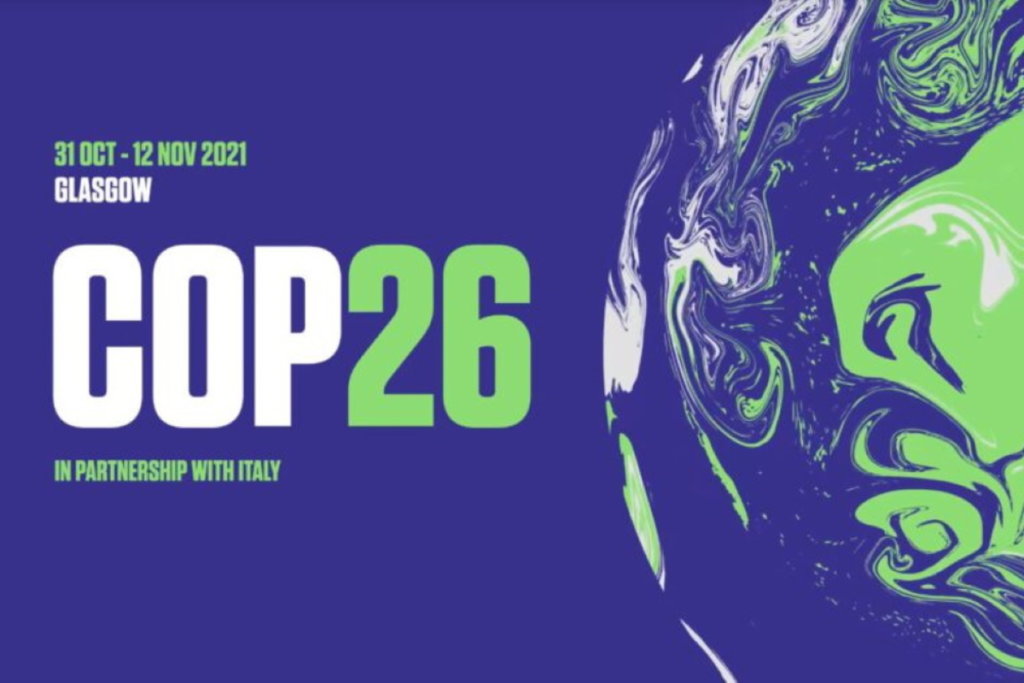At the event, which took place from 31 October to 13 November 2021, global leaders, policy makers, and climate experts met in Glasgow to discuss climate targets and actions for the coming years and complete the formulation of missing Paris Agreement articles.
At the 26th Conference of the Parties to the UNFCCC, China was represented by a delegation under the leadership of the MEE’s vice minister, ZHAO Yingming. Also present was China’s climate envoy, XIE Zhenhua, specially appointed by president XI Jinping and equipped with the experience of many previous conferences. President XI himself did not travel to Glasgow, citing concerns over the pandemic situation.

China joined other countries in signing several important multilateral agreements during the course of the conference, such as the “Glasgow Leaders’ Declaration on Forests and Land Use” which encourages action to fight deforestation on a global level. Another document supported by the Chinese side was the “Breakthrough Agenda” which regards the continued development of renewable energies worldwide and asks signatories to support the use of emissions-free energy.
The “Global Methane Pledge”, the drafting of which was led jointly by the EU and the US, and in which over 100 countries pledged to reduce their methane emissions by at least 30 % by 2030 was not signed by the Chinese side who criticized the pledge for failing to address the unequal distribution of emissions reduction burdens between developed and developing countries. In the course of the conference, Chinese representatives repeatedly emphasized the circumstance that developed countries had so far not fulfilled their pledges to support the developing world financially in adapting to and mitigating climate change. The “Global Coal to Clean Power Transition Statement” which asks parties to stop building unabated coal plants was also left unsigned by Chinese delegates.
Although it was not part of the conference’s official agenda, the release of the “U.S.-China Joint Glasgow Declaration on Enhancing Climate Action in the 2020s” on 11 November was one major event in the context of the conference, surprising many observers. Special climate delegations from both countries had been holding meetings for the past year, and around 30 online discussions are said to have taken place. A preliminary joint statement was released in April as a result of these talks. The text of the Glasgow Declaration was negotiated by special climate envoy XIE Zhenhua on the Chinese side and the special presidential envoy on climate change John KERRY. The declaration pledges renewed and sustained efforts to step up short-term action on climate change, referring to measures taken within the coming decade. Both sides acknowledged the reality of climate change and promise to update their NDCs in 2025 to cover the period until 2035.
While China did not sign the multilateral pledge on methane, the bilateral declaration with the US puts strong emphasis on combined efforts to support the reduction of methane emissions in the near future. China announced to present a National Action Plan on methane soon and both signatories acknowledged the importance of the gas for near-term climate action. Many experts see methane reduction as a fast and efficient way to mitigating climate change as the gas remains in the atmosphere for a much shorter period than CO2. The Glasgow Declaration also includes a paragraph on stepping-up the fight against deforestation.
Although the final “Glasgow Climate Pact’s” language on coal was weakened last-minute (“phase down” instead of “phase out”), observers agreed that the first ever explicit mention of fossil fuels in an international climate agreement represented a breakthrough and a welcome basis for future elaboration on the topic.
